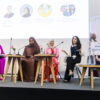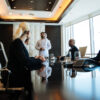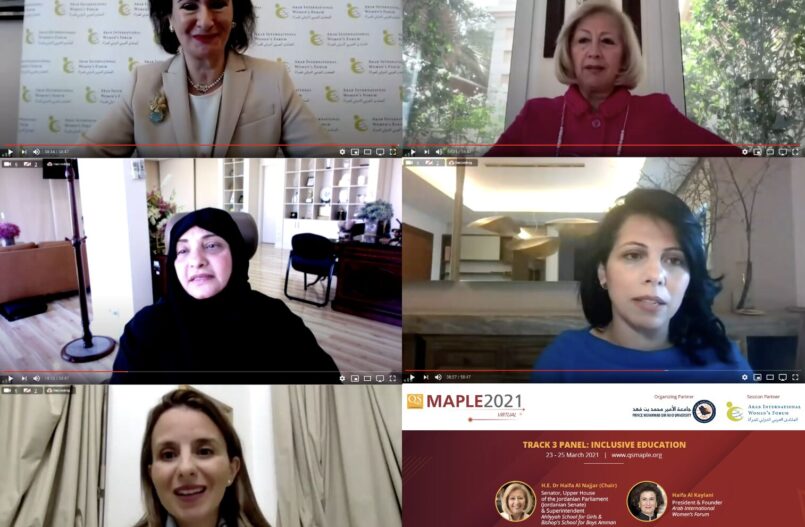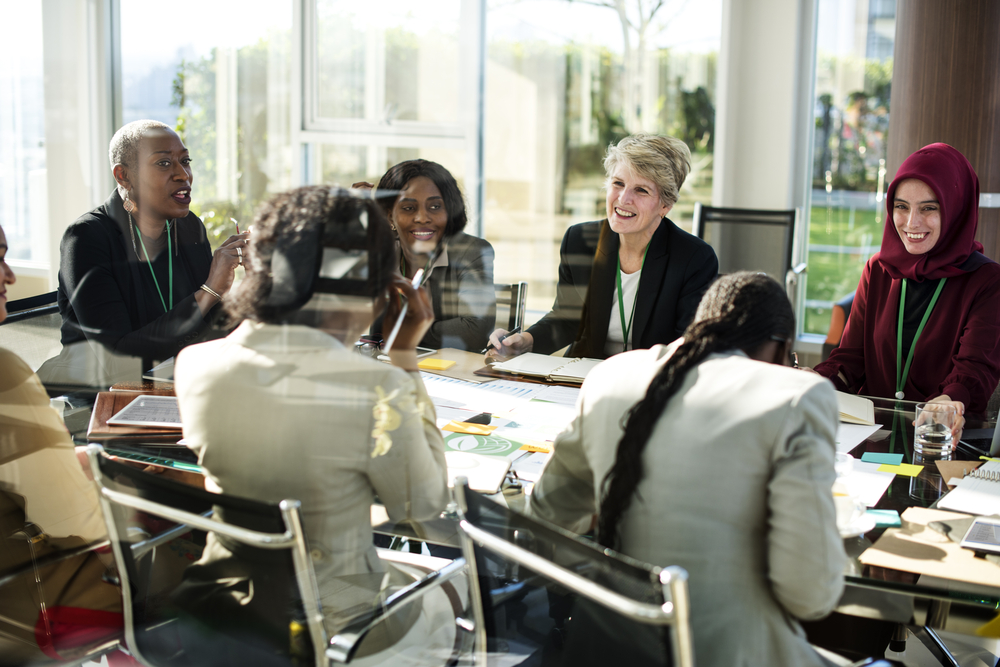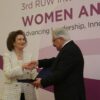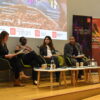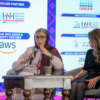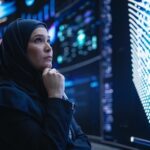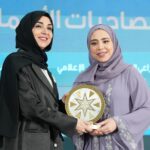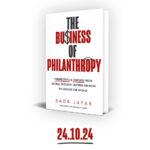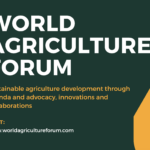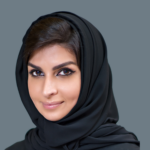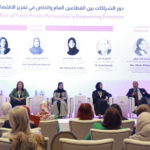Haifa Al Kaylani, President and Founder of AIWF, opened the event by introducing the AIWF lead session on ‘Inclusive Education’ and reiterating that AIWF clearly sees education and the economic empowerment of women and young people as critical and very much interlinked topics with strategic significance for both the Arab and African regions. She said: “As founder of AIWF I recall that since the inception of AIWF in London in 2001 as a development organisation, we placed strong focus and continue to do set on education, in all our conferences and in all our programmes, as we truly believe that education is the fundamental factor in empowering women socially, politically, economically, and in all spheres.” Looking towards the future, she said: “We need to advance a model for education reform that directly addresses the school to work transition by fostering closer links between education and the private sector. This is key in resolving the huge unemployment challenge that has beset our region for many, many years. It is time for us to pause and to think out of the box to address all the salient and important issues on inclusive education.”
Dr Haifa Al Najjar, Senator in the Jordanian Senate and Superintendent of the Ahlia School for Girls and the Bishop School for Boys in Amman, Jordan, was introduced as the session chair. In her opening she said: “We need to perceive education and to look into education from a different angle. I believe that we really need to unschool our educational system, we need to unschool our schools, we need to unschool our universities and we need to look at it from the rational vision in the context of the importance of STEM in particular and how urgent it is for us to invite women into sciences, technology, businesses, and politics.” Especially after COVID and the urgency of transforming our educational systems, Dr Al Najjar said, “we truly need to be ethical, we need to revisit our value system, put it at the table, and bring back our shared humanity. We need to be proud to speak out about our Arab context, African context, Mediterranean context, and to talk about the urgency of inviting love, oneness, connectedness, respect, empathy, into the table, and be able to celebrate our diversity and bring in diversity to the table.”
Dr Haifa Jamalallail, President of Effat University in the Kingdom of Saudi Arabia, said: “Lifelong learning for any person is really the way to achieve sustainability. And it’s not necessarily by obtaining an extra degree, but it is important to instill a lifelong learning philosophy to any person so they can acquire knowledge all their life, and can really remain productive”. She talked about the importance of competitions and prizes in honouring achievements in the higher education sector, sharing that Effat University had won the Solar Decathlon competition for Dubai 2020 Expo. “These competitions really bring the student to the life of the industry in order to better understand it. But it is also very important to note that the R&D is still very weak in our region, and to acknowledge that women in research are even less present”.
Dr Hynd Bouhia, CEO of Strategica, Morocco, shared that in her view, “inclusion comes from the social network first and that would be family. We can see that parents are more aware to encourage their girls and to have them dream for a better future like their boys would. But we need to get the basics right first; we have talked about the importance of digitizing but how would you expect someone to go digital if they haven’t acquired the basics of calculus and math? That’s where inclusion comes in. Inclusion comes in saying that you’re smart, you’re intelligent, you can learn, you can be good in math, that this is something that will be useful for you later, and also, building your own business is great. This is where I feel that the messages about inclusion have to start”.
Fida Kanaan, Director of Executive Education in the Olayan School of Business at the American University of Beirut, Lebanon, spoke about the importance of measuring inclusion, defining it and then elaborating on how inclusion can be measured after it is defined. “It is about breaking the cycle, which is exactly what each and every one of us here and a lot of activists, faculty, and researchers are doing in our region. Breaking the cycle can be done at every single stop point, it can be done with us as parents, fathers and mothers, it can be done at schools, as teachers the way we influence our students, it can be done in our research and most importantly, it can be done at the policy level in our organizations as well as in our countries”.
Fida shared that AUB had recently launched the Women’s Centennial Fund, and donors were highly encouraged to establish scholarship funds to honor women who have impacted their lives. “If we want to go more granular, we need to have specific funds supporting women, especially women in underrepresented faculties”. She also shared that on March 30 AUB would be launching the ‘KIPP Index’, or the Knowledge is Power Index, which has been pioneered by the Centre for Inclusive Business and Leadership for Women. The index is an organizational measure for the recruitment, retention and promotion of women across 11 Arab countries in the MENA Region. She said: “We’re addressing it in a highly measured and scientific and evidence-based manner; the approach is actually to measure inclusion by tracking the employer’s human resources, practices and policies along the different phases in the woman’s career in organizations”.
Please watch the full session here: https://www.youtube.com/watch?v=hVmV_e0ljGQ

